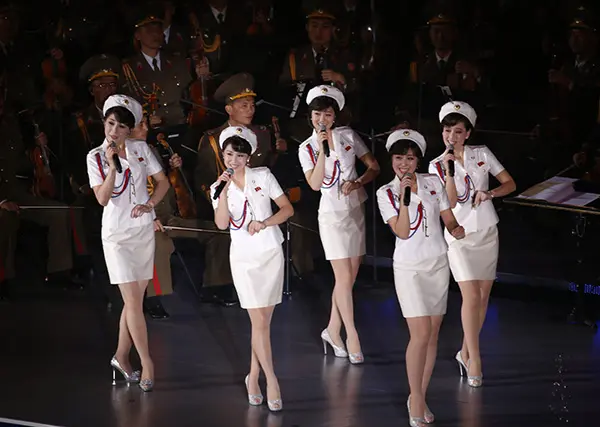A new round of Syrian peace talks is starting on Tuesday in Geneva. For the first time, after talks in Riyadh last week, a unified 36-member Syrian opposition delegation is to attend the talks.
Also last week, leaders of Iran, Turkey and Russia met in Sochi, where they supported a comprehensive dialogue on Syria. Russian President Vladimir Putin said that the meeting in Sochi would be a “stimulus” for the UN peace talks in Geneva, adding that there is a “real chance” to end Syria’s war, which monitors say has killed more than 330,000 people.
So how likely is a breakthrough now after so many rounds of peace talks have failed in the past?
Reconciliation need mutual concessions
Syrian opposition parties – from the Turkey-based coalition and mainstream Free Syrian Army factions as well as independents – met in Riyadh last week to unify their positions ahead of the UN-backed peace talks. Several rounds of UN talks in Geneva between the Damascus government and the opposition have made little progress since the Syria conflict erupted in 2011.
The opposition refrained from saying their participation in the upcoming U.N.-based negotiations would be conditional upon the departure of President Bashar Assad from office, signaling a degree of flexibility. The issue has always been the main sticking point in previous rounds of talks. Whether it is possible for them to allow Assad to exert a nominal control across the Syrian political landscape is a question.
What is more, it could be argued that since the Syrian government and its allies have made significant military gains in the course of these talks (while the opposition has lost ground), it is clear that the Syrian state is in the driving seat and has little incentive to make significant concessions. This is also another problem in front of both the opposition and the Syrian Government.
Interventions from extra-regional great powers
The reconciliation and peacemaking matters more participants than Syria. For example, these Geneva talks are taking place just days after the leaders of Iran, Turkey and Russia met in Sochi, where they supported a comprehensive dialogue on Syria. And as international observers have noticed that the opposition groups agreed on unifying a delegation to the talks, which marks the first time for the political opposition groups to unify a delegation.
It is reported that Russia may provide guarantees that Iran and Hezbollah would exit Syria, and hence a deal could be made for all military groups to exit the country. How likely is Russia to give such security promise; and how likely will other parties to response positively? In fact, whether Russia has enough motive and strength to provide such security promise is still questionable.
In addition, influences from extra-regional great powers are NOT always positive.
After the Sochi talks, Putin said “It is obvious that the reform process will not be simple, it will require compromise and concessions from all parties, including obviously the Syrian government.” Will Syrian government follow Russian’s guide? Will Putin’s proposal bring new obstacles among different factions (e.g. pigeon vs. hawkish) within the Syrian government, as well as the oppositions? So this conduct may increase uncertainties of this issue.
Russia claims credit for more or less ending the military conflict through its intervention and past negotiations sponsored by Russia, Iran and Turkey that brought together government and opposition representatives led to the creation of four “de-escalation zones” that produced a drop in violence. Russia seems to have taken on a major role in the Middle East now as a so-called honest broker. But how much of this is driven by Russia’s desire to have regimes friendly to it in the region?
Additionally, the U.S. has been conspicuously absent in the recent peace process, leaving Russia to make most of the running. Will this situation actually help the peace process? I don’t think so. I am afraid that this round of peace-making talk will become a new victim of the game of great powers between Moscow and Washington.
Wang Peng is the Research Fellow at the Chahar Institute and China Institute of Fudan University.
(ASIA PACIFIC DAILY)
 简体中文
简体中文





